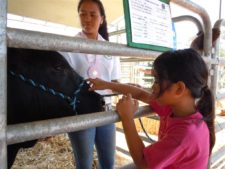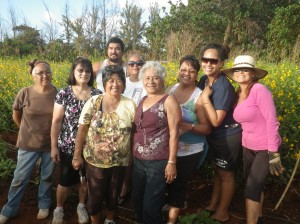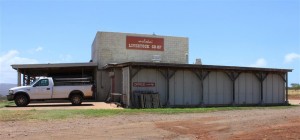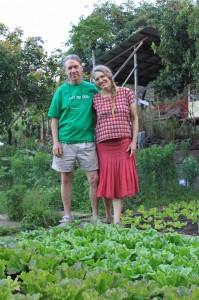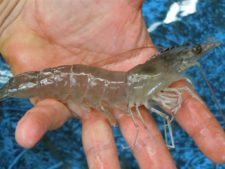Centuries of Molokai Pa`akai
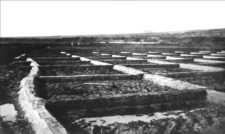
Salt: a long history of high value
For many people, salt is something found in shakers on the dinner table. But for ancient Hawaiians who harvested snow-white flakes of pa`akai from the rocky shores of Molokai, it held sacred value. After seawater dried in the sun and the remaining salt was scraped from bowl-like crevices in the lava rock, it was used in ceremonies, purification rituals, to preserve food, and even regarded like money for trading.
“[Native Hawaiians] have been harvesting salt as long as people have been here,” said
Mac Poepoe, a Molokai-born traditional resource manager. “People used to walk miles
just to collect salt.”…







